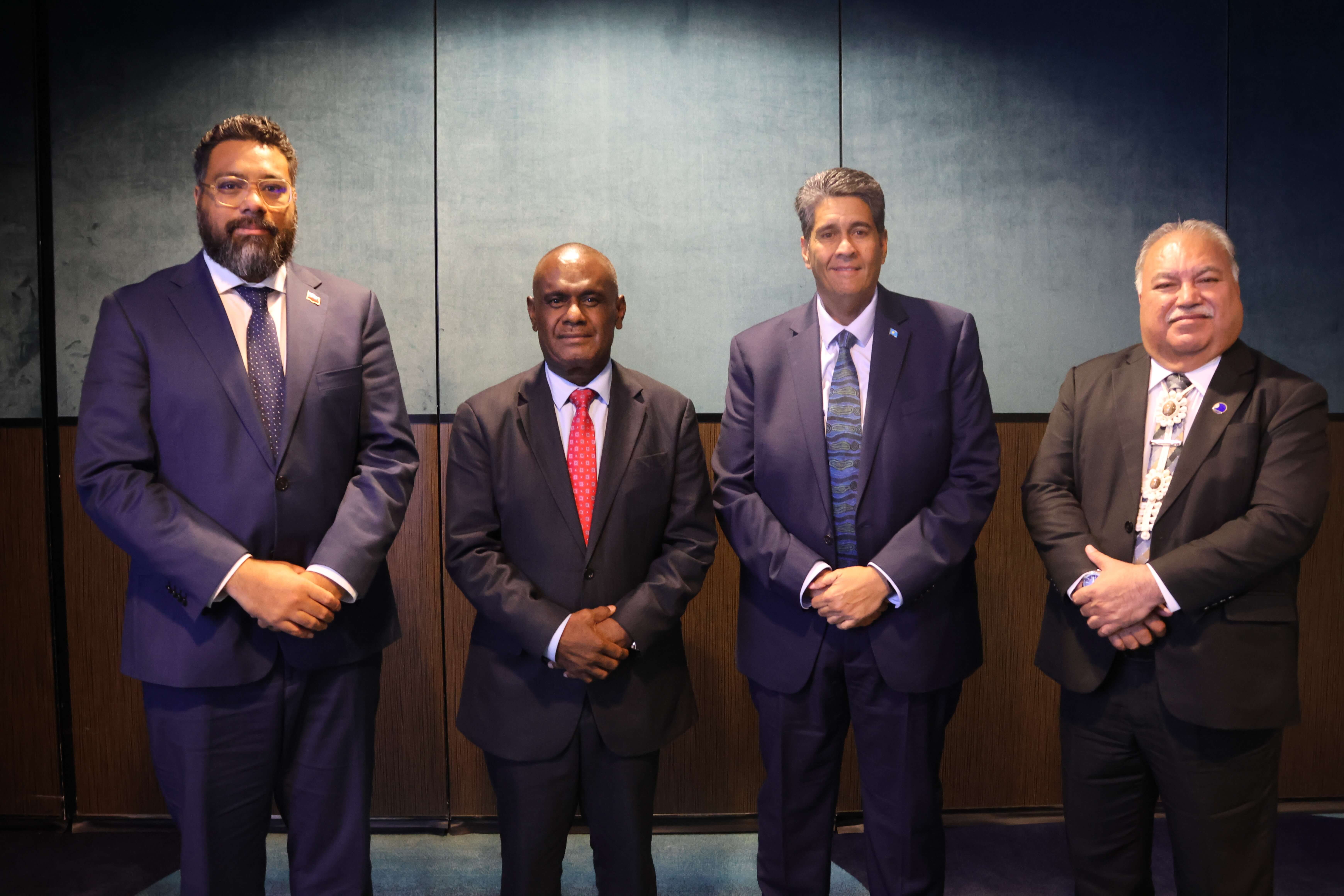
Insight · 3 February 2026
Pacific happenings
Join us as we look back over what has been making news in the Pacific islands region in the last couple of weeks ...
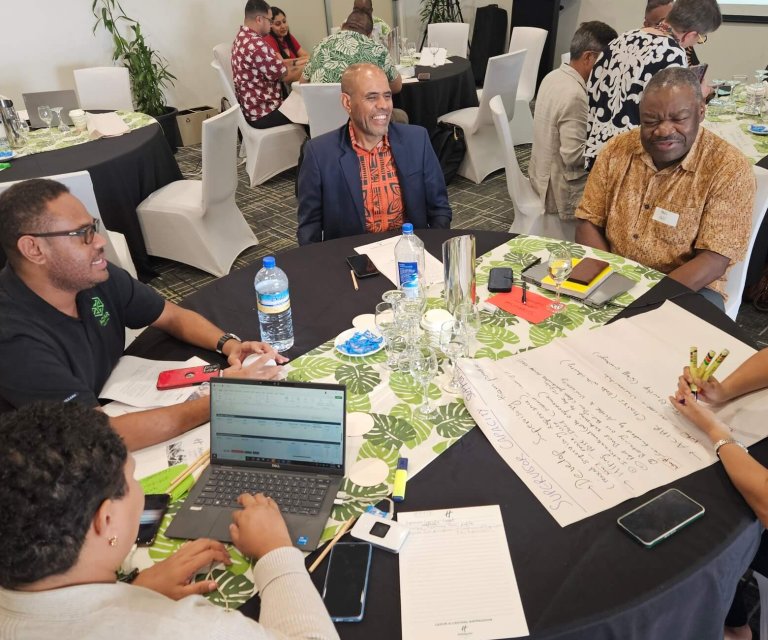
News & views
Our team thrives on collaboration, curiosity, and shared learning. Explore ideas, reflections, and insights shaped by our work alongside partners and communities across the Indo-Pacific.

Insight · 3 February 2026
Join us as we look back over what has been making news in the Pacific islands region in the last couple of weeks ...
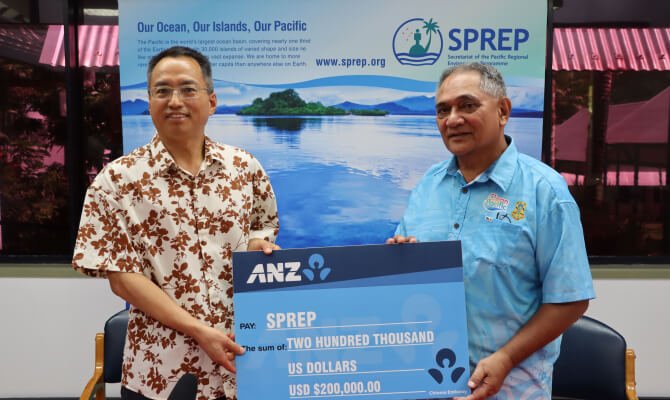
Insight · 19 January 2026
Join us as we look back over what has been making news in the Pacific islands region in the last couple of weeks...
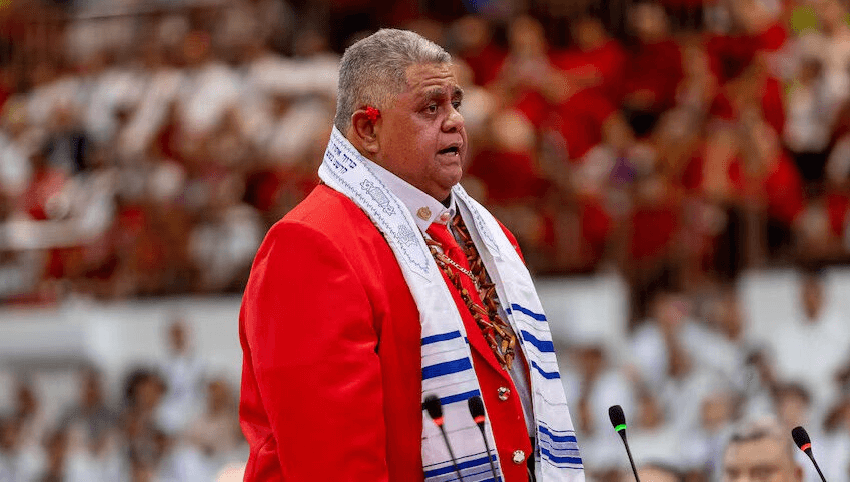
Insight · 8 January 2026
As we enter the New Year, welcome to the first of our fortnightly extended reviews of what is happening in the Pacific island region, including some thoughts about what 2026 holds for this part of the world.
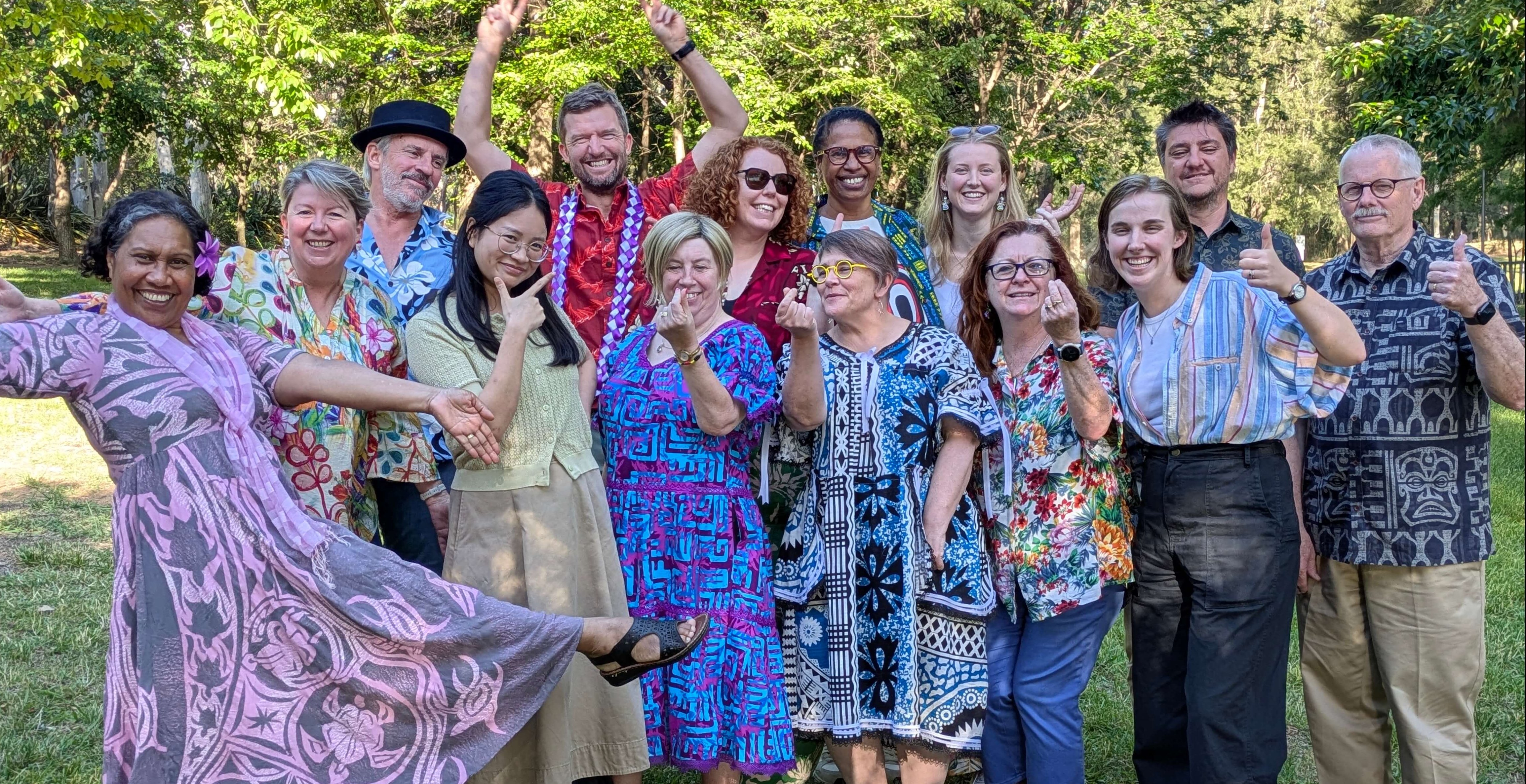
News · 19 December 2025
Another year done and dusted! As we draw 2025 to a close, we’ve reflected on our highlights and the big year that it’s been. We have lots in store for next year, with new leadership and a growing team, exciting partnerships and work areas, and rising to the challenge of...
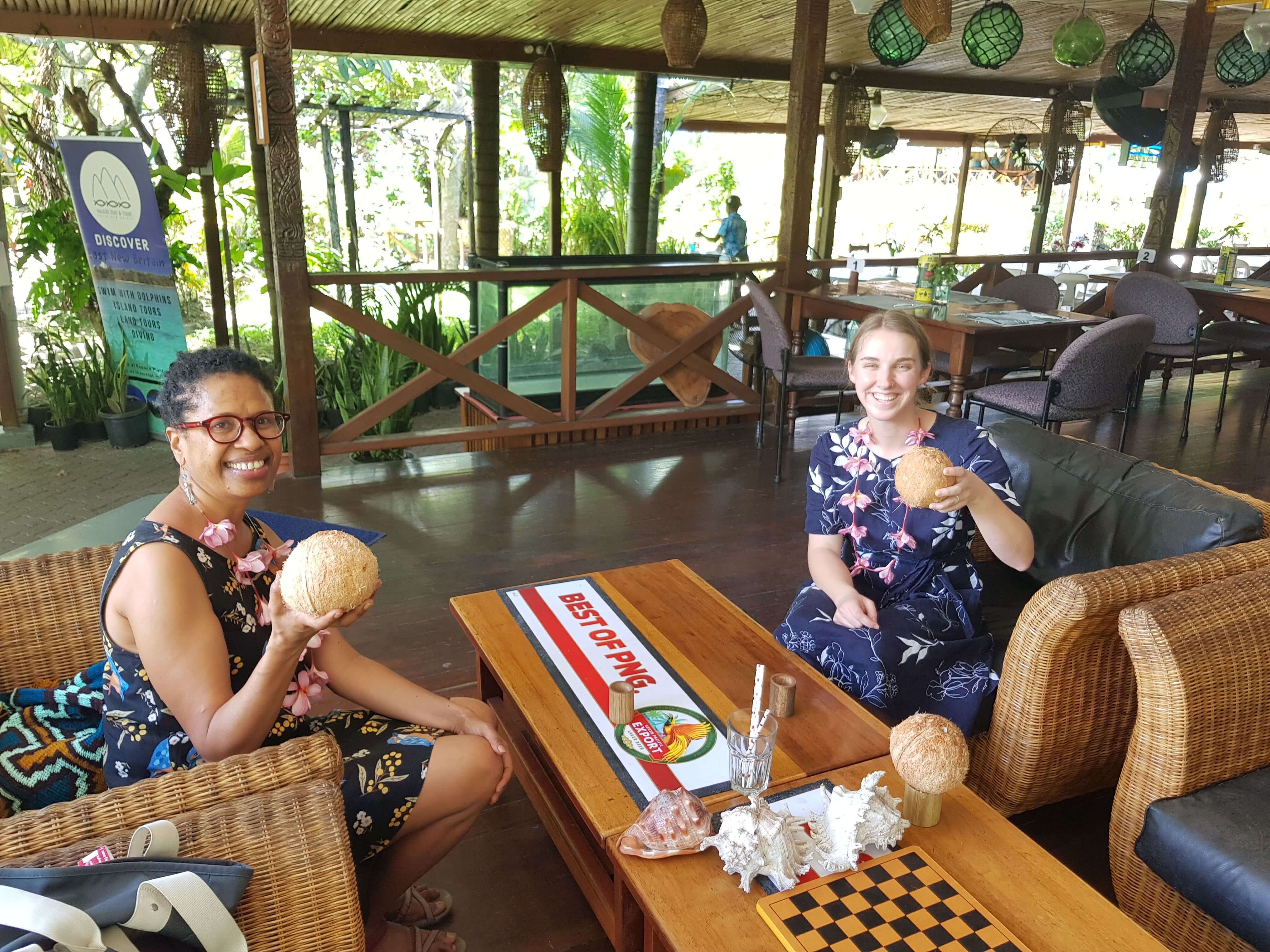
News · 19 December 2025
We are seeking a consultant level project manager who can oversee complex, multi-stakeholder initiatives from design through to delivery. We're looking for someone who can navigate the complexities of donor-funded projects, coordinate diverse teams (including our...
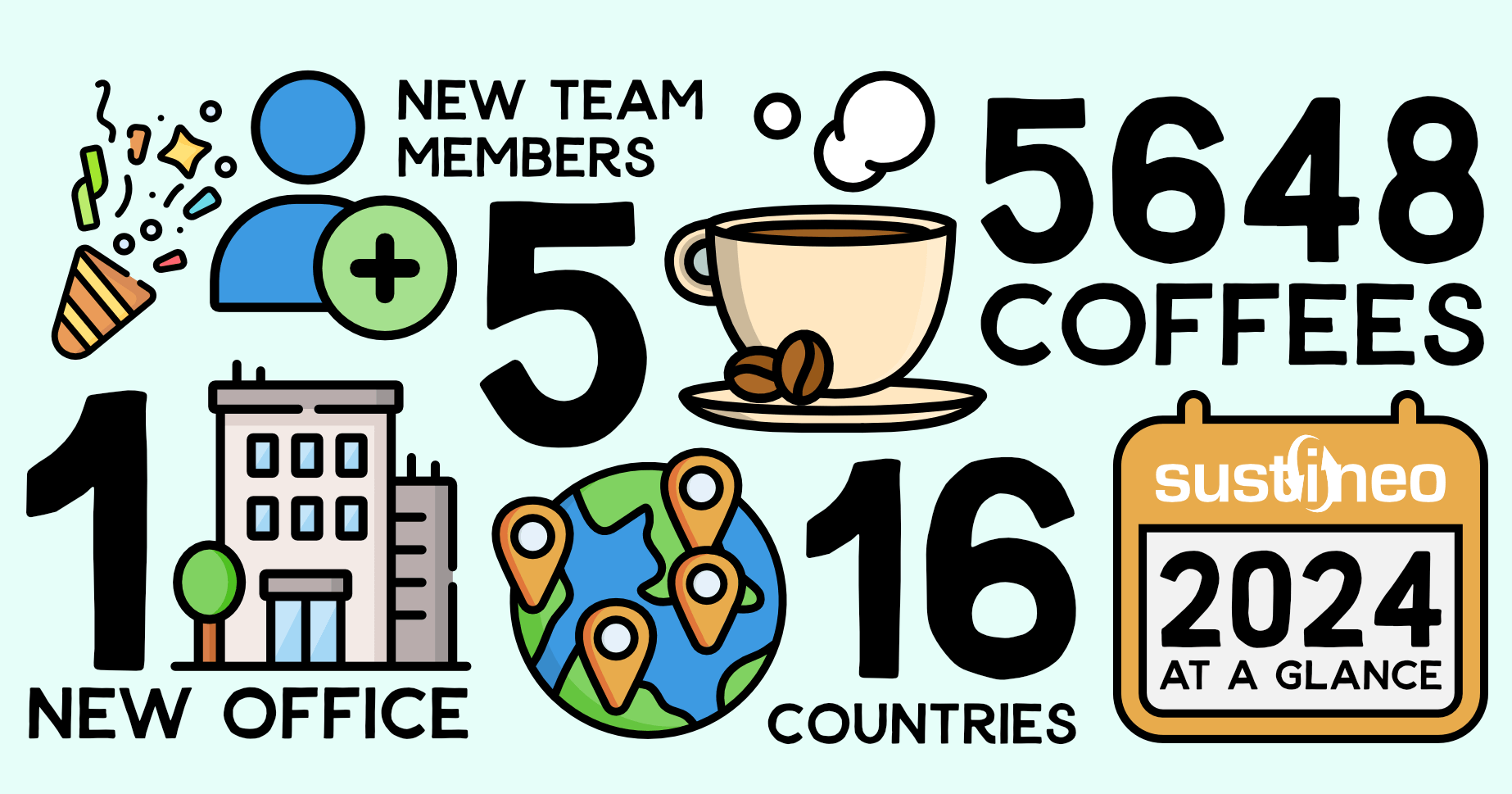
News · 20 December 2024
Here’s some data nobody asked for...it must be time for our end of year blog!
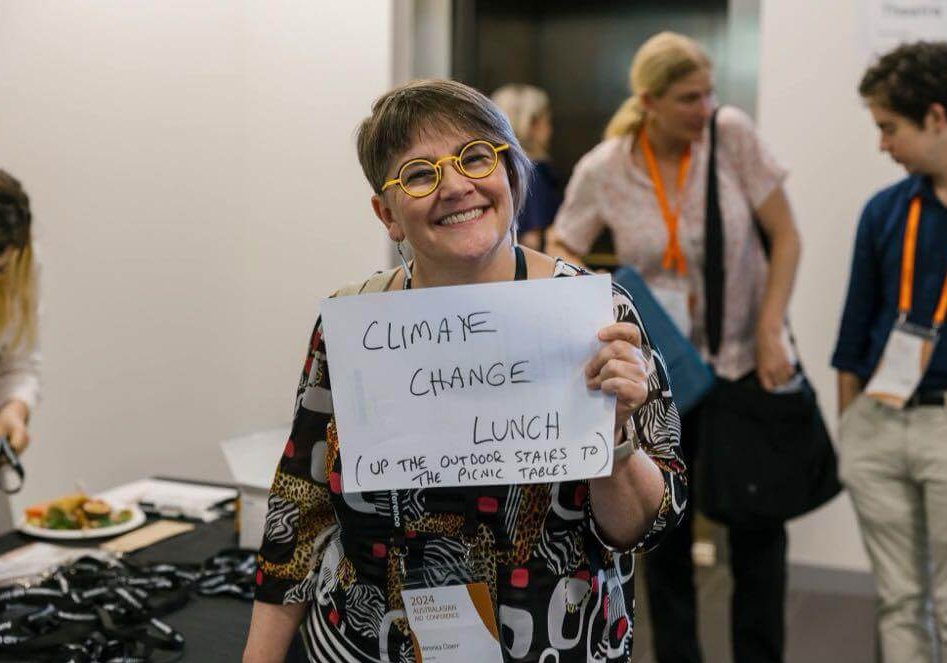
Community · 16 December 2024
If you were at the AAC in Canberra in early December, you may well have bumped into one or more of our team. With a bit of planning and coordination, Sustineo folks took part in a wide range of sessions and now we’ve had time to reflect on what we heard and learned.
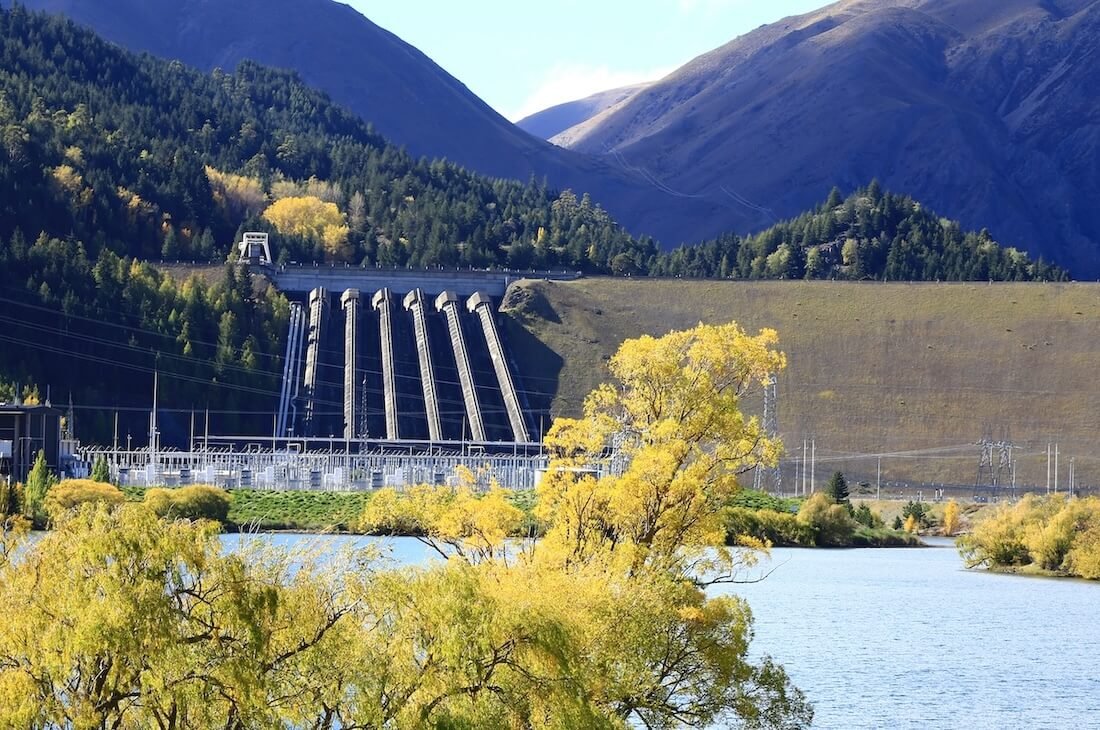
Project Highlight · 11 September 2024
Many of us take reliable access to electricity for granted. The next level up is reliable renewable energy...
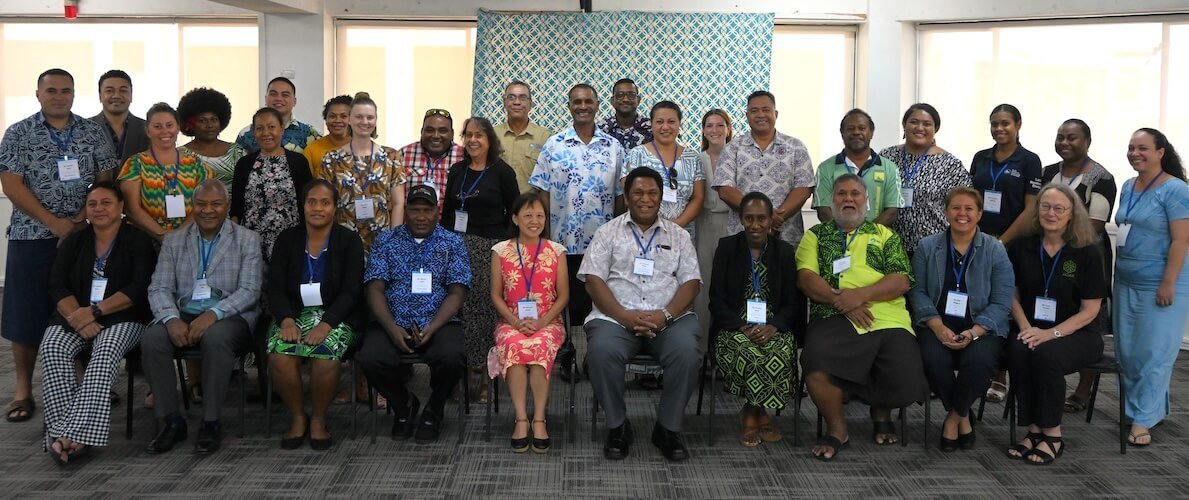
Project Highlight · 3 July 2024
Our team recently completed a significant project with The Pacific Community’s Land Resources Division (SPC–LRD) for the Pacific coconut community...
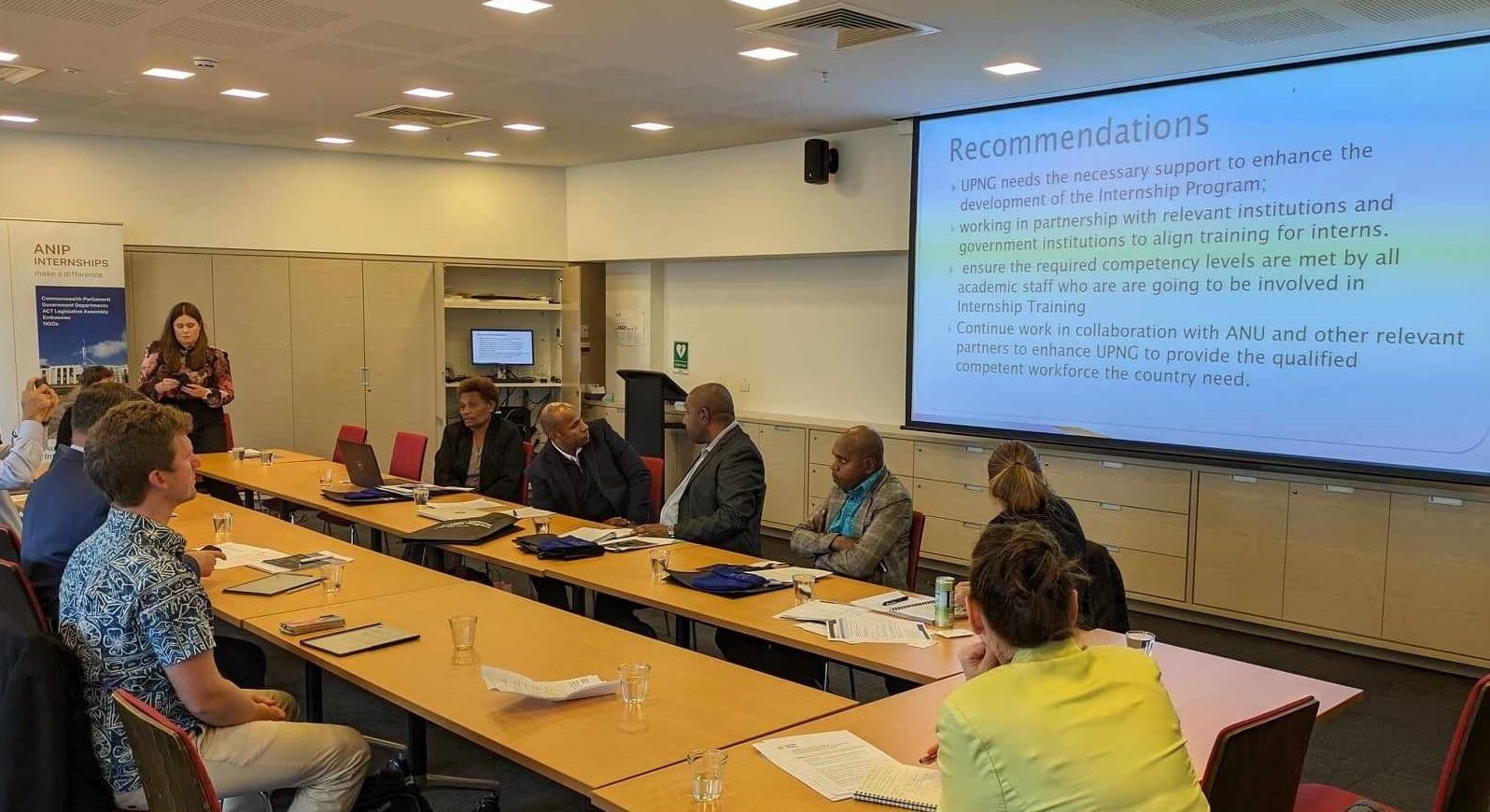
Community · 12 June 2024
We're growing partnerships with ANIP and PNG educational institutions to create more opportunities to support PNG students interested in research...
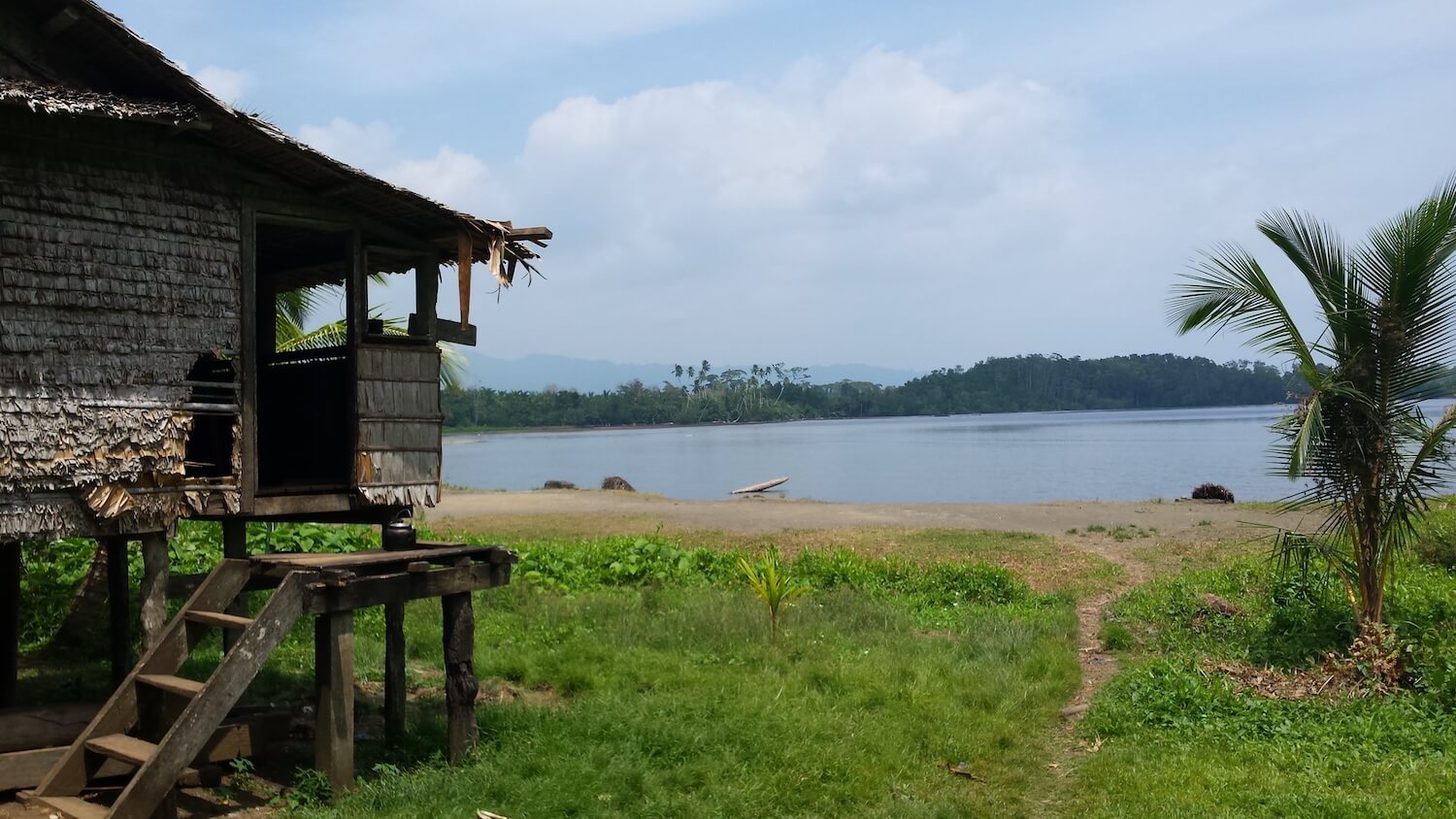
Community · 25 March 2024
Last week, our CEO delivered a lecture and was part of a panel discussion with the Australian National University’s first year geography course...
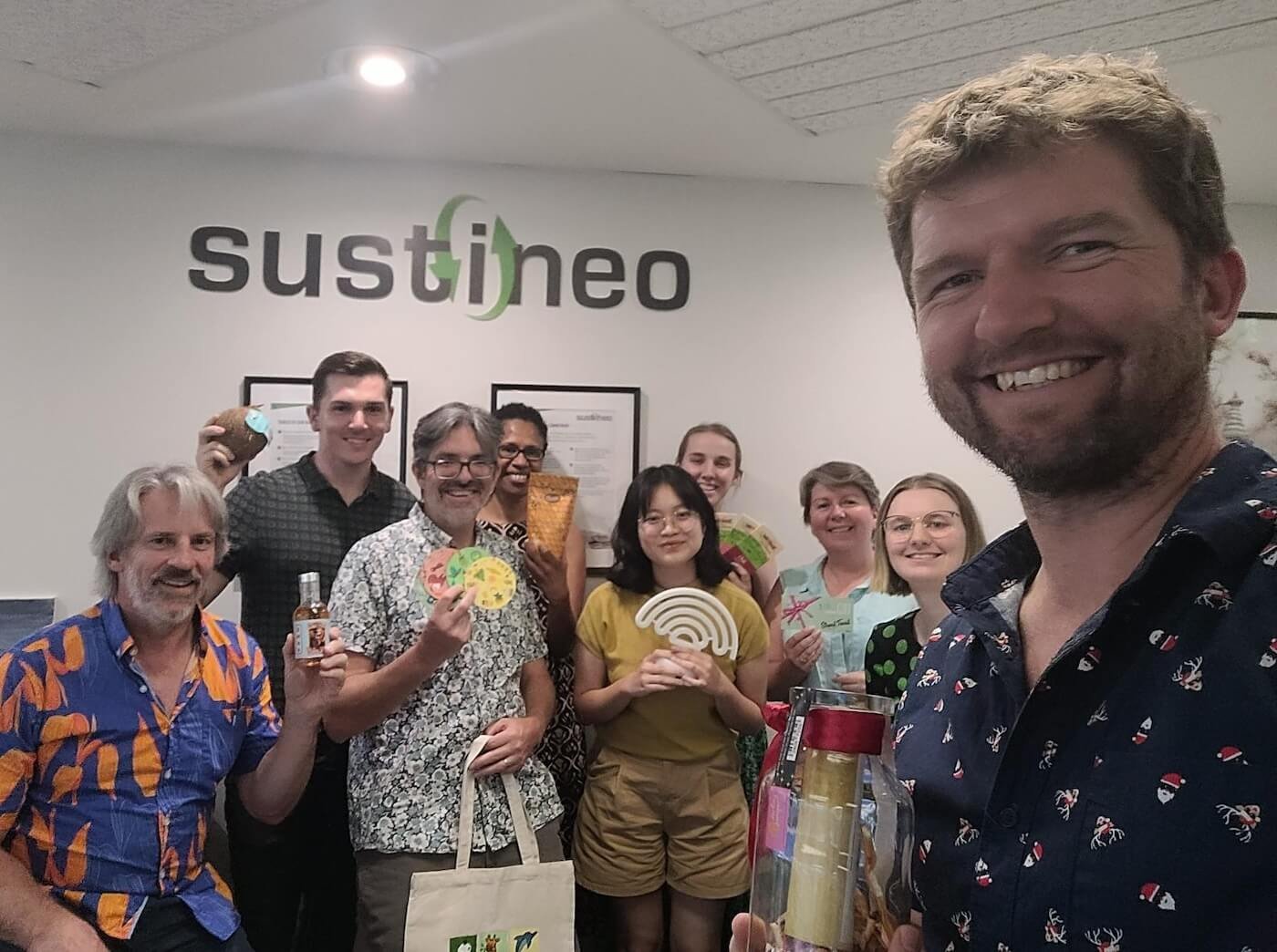
News · 14 December 2023
It’s been another busy, challenging, and immensely rewarding year for the team at Sustineo...